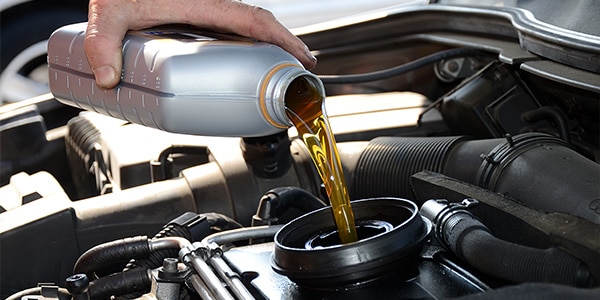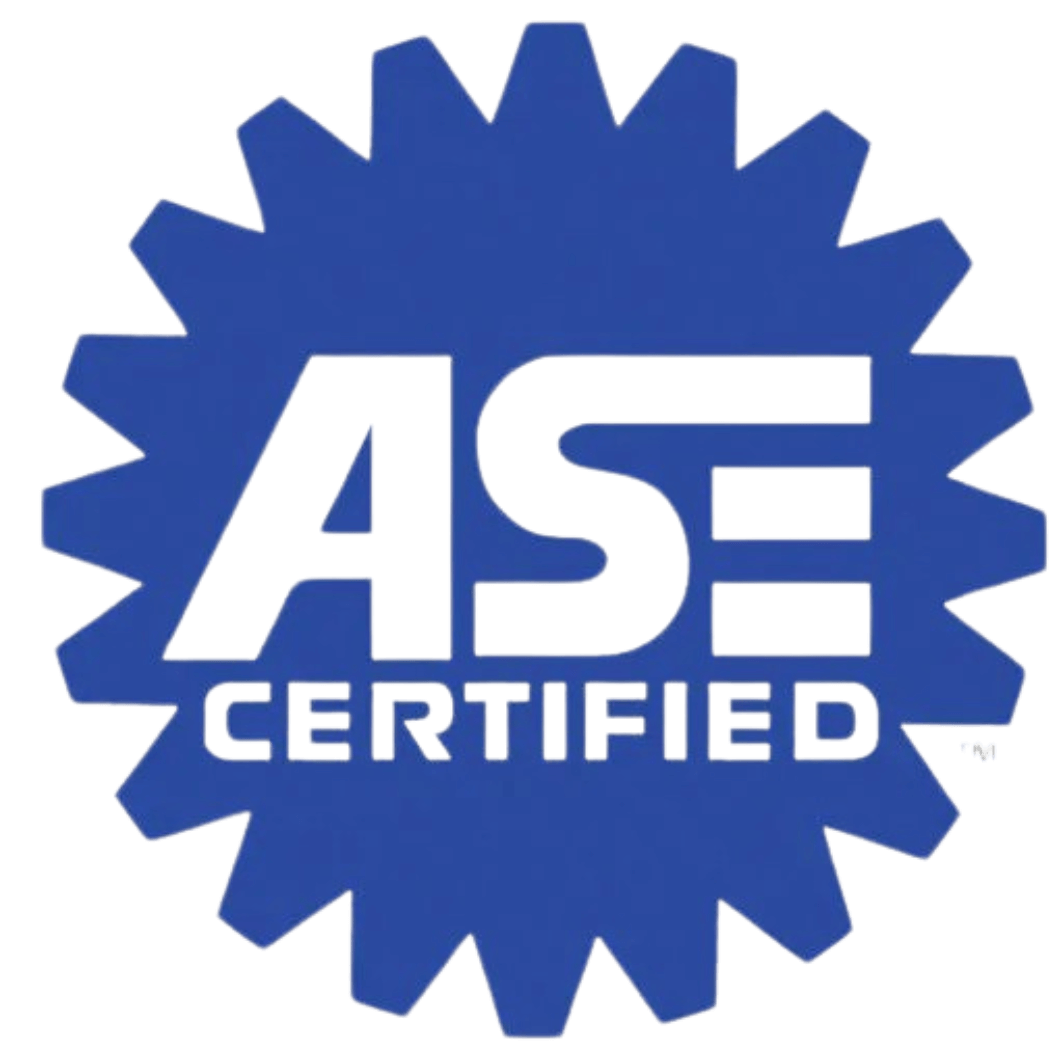What Happens If You Delay an Oil Change? | Car-X Oil Change Services

What Happens If You Delay an Oil Change? Oil is the lifeblood of your engine. Ignoring it can turn a small maintenance task into a massive repair bill. Protect Your Engine Today. Don’t let sludge slow you down. Schedule your oil change at Car-X for improved performance and peace of mind. Find a Location & […]
Common Car Repairs You Should Not Do Yourself

5 Common Car Repairs You Should Not Do Yourself Know your limits: Why some DIY fixes can cost you thousands or compromise your safety. Dealing with a complex engine or AC issue? Find a Car-X Near You The DIY Danger Zone We love the DIY spirit. Changing your own windshield wipers, air filters, or even […]
What’s the Difference Between Conventional vs. Semi-Synthetic Oil?

Oil Change & Maintenance What’s the Difference Between Conventional, Semi-Synthetic, and Full-Synthetic Oil? Learn how each type of motor oil protects your engine, which one your car needs, and why choosing the right oil can improve performance, longevity, and fuel efficiency. Updated October 29, 2025 5-6 min read Ready for your next oil change? Book […]
Best Type of Oil for Your Car? Synthetic Oil or Conventional Oil?
No doubt at some point in time you may have heard the ongoing debate about which type of motor oil is best for your motor…
To Change My Oil or Not?
Regular oil changes will save you money in the long run! Most car manufacturers now recommend oil changes between 7,500 and 10,000 miles, although some…
Why Are Oil Changes Important?
Why Are Oil Changes Important? The single most critical maintenance task for protecting your engine’s longevity. The Lifeblood of Your Vehicle It’s easy to delay an oil change when life gets busy, but motor oil is arguably the most essential fluid in your vehicle. It serves three primary functions that keep your engine running smoothly: […]


